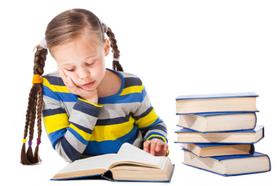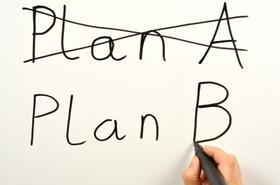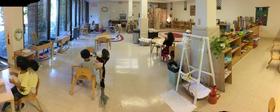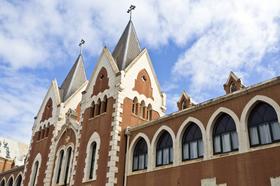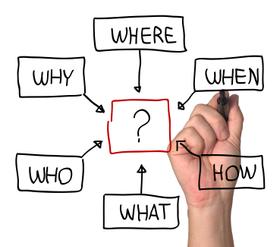Independent Schools in Africa
About to be posted to a major city in Africa? Got questions about schools for your kids?
We receive lots of inquiries from parents asking about private schools in Africa. Most of the time parents want information about schools, tuition fees, available places, and so on.
Now, if you're an expat looking for schools, not to worry! Egypt, Morocco, Tunisia, South Africa, Kenya, and all the other African nations have plenty of private schools to choose from. Of course, it stands to reason that the bugger the city, the more schools it will have. I've listed some of the schools that teach American, British, Canadian, Italian, French, and German curricula.
So, whether you are being posted to Cairo or Tunis, you will be able to find a school that follows the curriculum your kids would have had back home. That way, once your tour of duty is over, your kids will be right up to speed when you get back home.
I was an expat! So, I speak from my own experience as an expat whose daughter attended a private high school in The Bahamas. While obviously there were subtle differences in the curriculum and the way it was taught, she adjusted well. Indeed, she subsequently attended two distinguished universities and earned a master's degree.
Photo of Lycée Français International du Cap, Cape Town, South Africa courtesy the school

List of Schools
Two things: this











